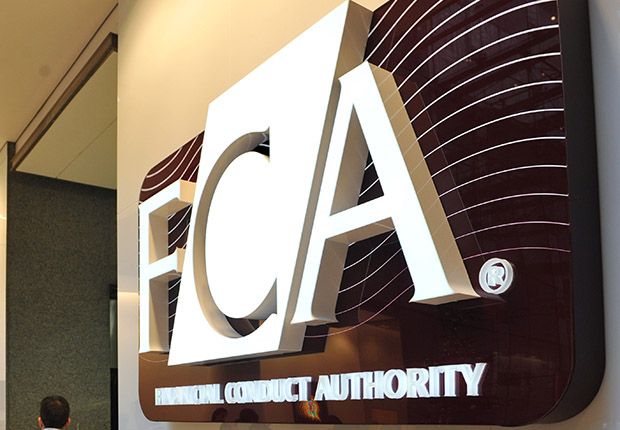
Almost half of advisers have changed the way they service clients following the introduction of Consumer Duty guidance a year ago this month, data from Royal London shows.
The pensions and investment mutual found that 43% of brokers have changed their approach to client servicing, with the same percentage also adjusting the way they deal with vulnerable customers, in its biannual poll of 528 intermediaries.
It added that 27% of advisers said they have increased the frequency of client feedback requests, 15% have reduced the number of clients on their books, while 13% have changed their investment approach.
The Financial Conduct Authority’s wide-ranging consumer-focused guidelines came into force on 31 July last year. It covers the UK’s 60,000 regulated financial firms, including the mortgage industry’s roughly 100 lenders and 18,000 brokers and broker firms.
The City watchdog said the guidance aims to “fundamentally improve how firms serve consumers” by setting out “higher and clearer standards of consumer protection across financial services”.
The rules are designed to end “rip-off charges” and make it easier for customers to switch products.
The body also wants firms to more clearly explain their products “rather than burying key information in lengthy terms and conditions”, and offer more support to vulnerable customers, such as pensioners or those under financial stress.
Brokers were positive about the effect of the new rules, according to the poll.
It found that 52% of advisers said Consumer Duty has met or exceeded its objectives.
However, 23% do not think the guidance has met its targets, while a quarter of respondents were not sure.
Only 13% of intermediaries said their firm had changed nothing as a result of Consumer Duty.
Royal London director of policy Jamie Jenkins says: “Generally, the change feels positive among most respondents though we can’t ignore the 23% of advisers who don’t think it has met its objectives.
“It’s a difficult one to speculate on, but we do know of adviser firms who felt they were already meeting the requirements so perhaps some don’t think the change in regulation is relevant to them.”
Jenkins adds: “The Consumer Duty is arguably the most significant piece of regulation we have seen for nearly 20 years, seeking to make a cultural shift for the whole industry from simply treating customers fairly, to treating them well.
“It has undoubtedly led to changes in the market already, and if it hits its mark, it will significantly improve trust in financial services.”



